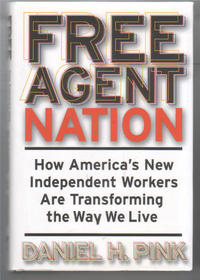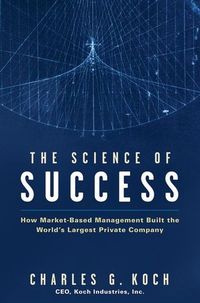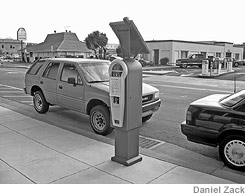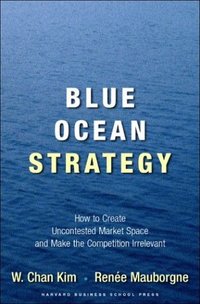(p. 53) Recall the story of Netscape, once the darling of the New Economy. Netscape was formed in 1994. It went public in 1995. And by 1999, it was gone, purchased by America Online and subsumed into AOL’s operation. Life span: four years. Half-life: two years. Was Netscape a company—or was it really a project? Does the distinction even matter? What matters most is that this short-lived entity put several products on the market, prompted established companies (notably Microsoft) to shift strategies, and (p. 54) equipped a few thousand individuals with experience, wealth, and connections that they could bring to their next project.
And Netscape is not alone. A University of Texas study found that between 1970 and 1992, the half-life of Texas businesses shrank by 50 percent. Likewise, a Federal Reserve analysis of New York companies found that the type of firm that created the most new jobs (microbusineses with fewer than ten employees) often had the shortest life span. The life cycle of companies has been that jobs, too, have diminishing half-lives. Ten years ago, nobody ever heard of a Web developer. Ten years from now, nobody may remember Web developers.
Most important, at the very moment the longevity of companies is shrinking, the longevity of individuals is expanding. Unlike Americans in the twentieth century, most of us today can expect to outlive just about any organization for which we work. It’s hard to imagine a lifelong job at an organization whose lifetime will be shorter–often much shorter–than your own.
Source:
Pink, Daniel H. Free Agent Nation: How America’s New Independent Workers Are Transforming the Way We Live. New York: Warner Business Books, 2001.






 Two views of the new parking meters in Redwood, California. Source of photos: online version of the WSJ article cited below.
Two views of the new parking meters in Redwood, California. Source of photos: online version of the WSJ article cited below.
 Sensors such as the one embedded in the San Francisco street on the left, could eventually be used to help track parking violators, as imagined in the fictional picture on the right. Source of photos: online version of the WSJ article cited above.
Sensors such as the one embedded in the San Francisco street on the left, could eventually be used to help track parking violators, as imagined in the fictional picture on the right. Source of photos: online version of the WSJ article cited above.
